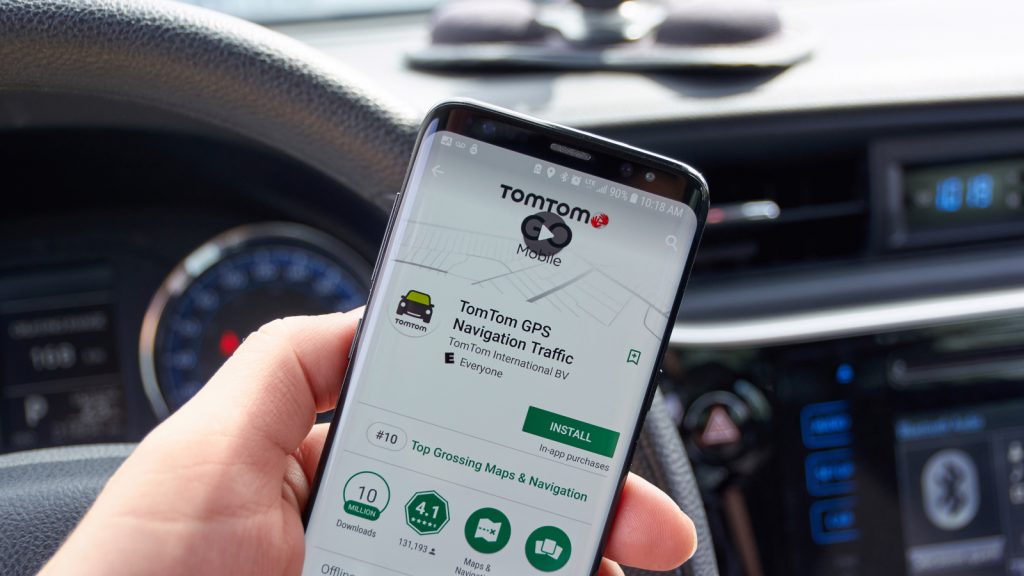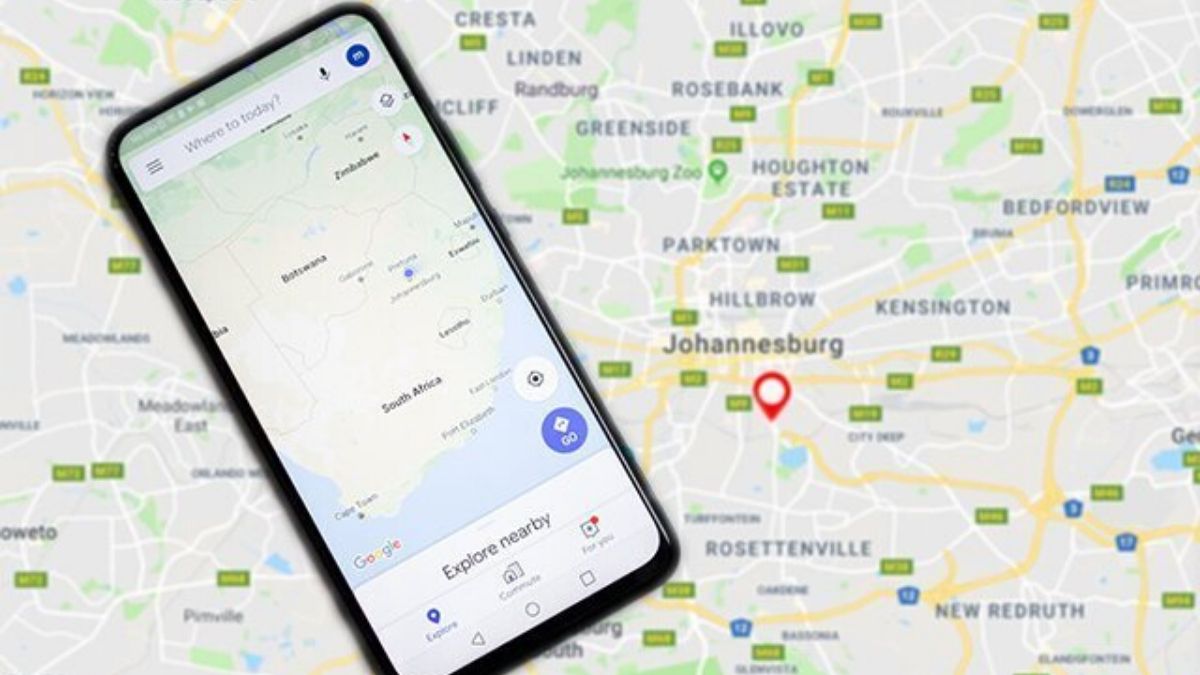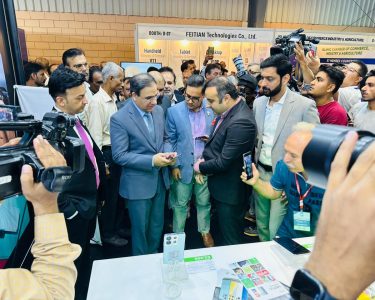One of the most controversial sagas that took place involved the U.S. government’s decision to cut of any trade with the Chinese giant company, Huawei over apparent national security concerns which in turn left the Chinese tech giant in a wide array of problems, one main problem out of which was that of developing their own software to combat the problem of no Google services.
The decision by President Trump and his team created a barrier between Huawei and Google which in turn left Huawei with no option but to start using an open-source version of the Android operating system. This may seem to be a little problem however when you realise the fact that this platform will not include any Google apps or services such as Maps, YouTube, Gmail, and Chrome, one begins to wonder that is an Android worth taking that risk.

Must Read : Huawei have signed a deal with TomTom for provision of Maps and GPS services
The company has been unable to take on board Google’s popular applications in major phones which include the newly launched Mate 30 series and the upcoming P40 series which is the company’s flagship series of the year. It is no hidden fact that the Chinese giants have been busy in developing an alternative in that regard to help counter this issue and well by the looks of things the company has found some success, with a recent Reuters report revealing that the Chinese based technology company has signed a new with Dutch mapping specialist TomTom.
A reputed news outlet has stated that the partnership with TomTom is basically a green signal that Huawei will now be able to use the company’s maps, traffic information, and navigation software which will help Huawei develop a wide variety of applications to aid their consumers. A spokesperson for TomTom confirmed to Reuters that the pair secured the deal a while ago, but that it had chosen not to make an immediate public announcement as yet. On top of things, the tech company has also announced that a fund worth 26 million dollars has been put in place to encourage developers to create software for its AppGallery, an alternative to Google Play that works on the open-source Android platform.




